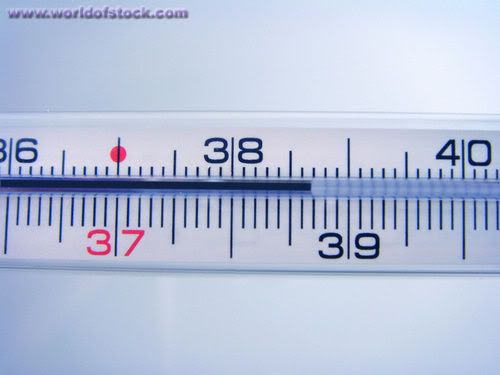Who wouldn’t agree that our society is capitalistic, based on competition and selfishness? As it happens, however, huge areas of our lives are also based on gift economies, barter, mutual aid, and giving without hope of return (principles that have little or nothing to do with competition, selfishness, or scarcity economics). Think of the relations between friends, between family members, the activities of volunteers or those who have chosen their vocation on principle rather than for profit.
Think of the acts of those — from daycare worker to nursing home aide or the editor of TomDispatch.com — who do more, and do it more passionately, than they are paid to do; think of the armies of the unpaid who are at “work” counterbalancing and cleaning up after the invisible hand and making every effort to loosen its grip on our collective throat. Such acts represent the relations of the great majority of us some of the time and a minority of us all the time. They are, as the two feminist economists who published together as J. K. Gibson-Graham noted, the nine-tenths of the economic iceberg that is below the waterline.
Capitalism is only kept going by this army of anti-capitalists, who constantly exert their powers to clean up after it, and at least partially compensate for its destructiveness. Behind the system we all know, in other words, is a shadow system of kindness, the other invisible hand. Much of its work now lies in simply undoing the depredations of the official system. Its achievements are often hard to see or grasp. How can you add up the foreclosures and evictions that don’t happen, the forests that aren’t leveled, the species that don’t go extinct, the discriminations that don’t occur?
The official economic arrangements and the laws that enforce them ensure that hungry and homeless people will be plentiful amid plenty. The shadow system provides soup kitchens, food pantries, and giveaways, takes in the unemployed, evicted, and foreclosed upon, defends the indigent, tutors the poorly schooled, comforts the neglected, provides loans, gifts, donations, and a thousand other forms of practical solidarity, as well as emotional support. In the meantime, others seek to reform or transform the system from the inside and out, and in this way, inch by inch, inroads have been made on many fronts over the past half century.
The terrible things done, often in our name and thanks in part to the complicity of our silence or ignorance, matter. They are what wells up daily in the news and attracts our attention. In estimating the true make-up of the world, however, gauging the depth and breadth of this other force is no less important. What actually sustains life is far closer to home and more essential, even if deeper in the shadows, than market forces and much more interesting than selfishness.


